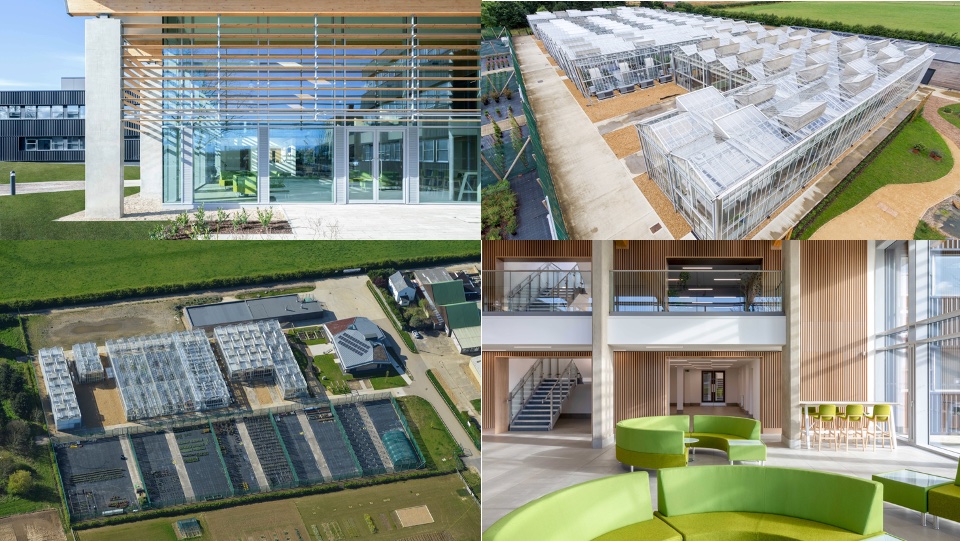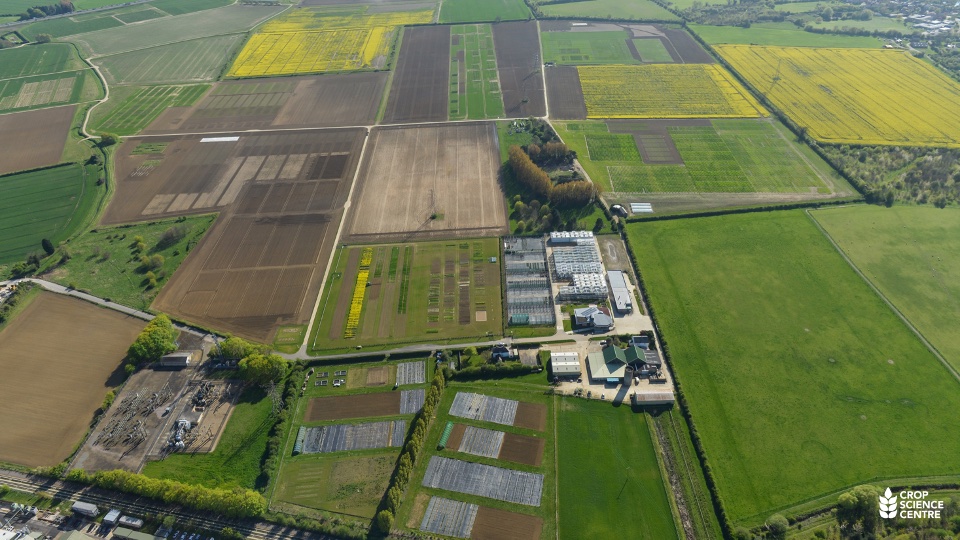An industry-wide consortium, led by producer organisation G’s Growers and involving the Crop Science Centre, has won a UKRI-BBSRC collaborative training partnership award (CTP) to provide a £3.6 million postgraduate training programme in sustainable agricultural innovation.
The CTP programme for Sustainable Agricultural Innovation (CTP-SAI) will ensure young scientists are ‘business aware’, opening up opportunities for careers across industry. Running from 2022 to 2028, the CTP-SAI will create a pre-competitive network in which businesses can explore and co-design research and innovation programmes and will train 30 PhD students.
Ensuring the programme is inclusive and recruits a diverse range of candidates into agriculture is a priority. The CTP-SAI aims to lead the sector by example, training the next generation of new thinkers, ready to act in the public and private sector to effect positive global change in the food and farming system. The programme is supported by leading UK and international agri-food businesses, research organisations and charitable organisations representing the collective needs of farmers and practitioners.
Dr Richard Harrison, NIAB’s Director of Cambridge Crop Research, says, “This CTP stretches across the food and farming crop supply chain, bringing together partners to address the joint challenges of reducing emissions, developing resilient farming systems and reversing biodiversity decline. Our vision is to train new thinkers for new times, providing outstanding training to address the challenges of creating and delivering sustainable agricultural systems.”
Emma Garfield, Head of Research Agronomy at G’s Growers Ltd, says: “Businesses need access to postgraduates with skills in research and innovation in order to adapt to the enormous challenges that climate change, land use change and biodiversity loss pose. We also need to ensure that the supply chain products and processes pass the test of responsible, sustainable innovation that is core to each businesses value set and corporate social responsibilities.”
Ms Garfield explains that the CTP programme places science-led innovation at its heart to ensure field-based agriculture is equipped with tools to enable resilient, sustainable and economic crop production whilst meeting consumer demands. The programme will address both short-term bioscience research challenges to facilitate the delivery of solutions within the next decade as well as thinking longer-term about the wider systems changes that will be underpinned by the research that this cohort of students will undertake.
“A set of bespoke underpinning training modules have been developed in data science and machine learning, entrepreneurship and systems thinking in a global food security context, which will provide stimulating, thought-provoking skills-based training opportunities in some of the key areas that, regardless of scientific specialism, the leaders of today and tomorrow require,” says Dr Harrison.
“This integrated programme, the first of its kind, will ensure that regardless of the future career path CTP students choose, they will have a thorough understanding of how businesses work and how, as scientists, to positively engage in bringing science-led solutions to market,” finishes Ms Garfield.
The programme has been co-developed with NIAB as part of its alliance with the University of Cambridge, the Crop Science Centre, the James Hutton Institute and leading UK universities.


